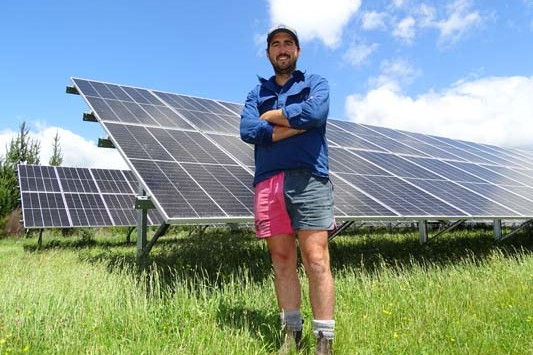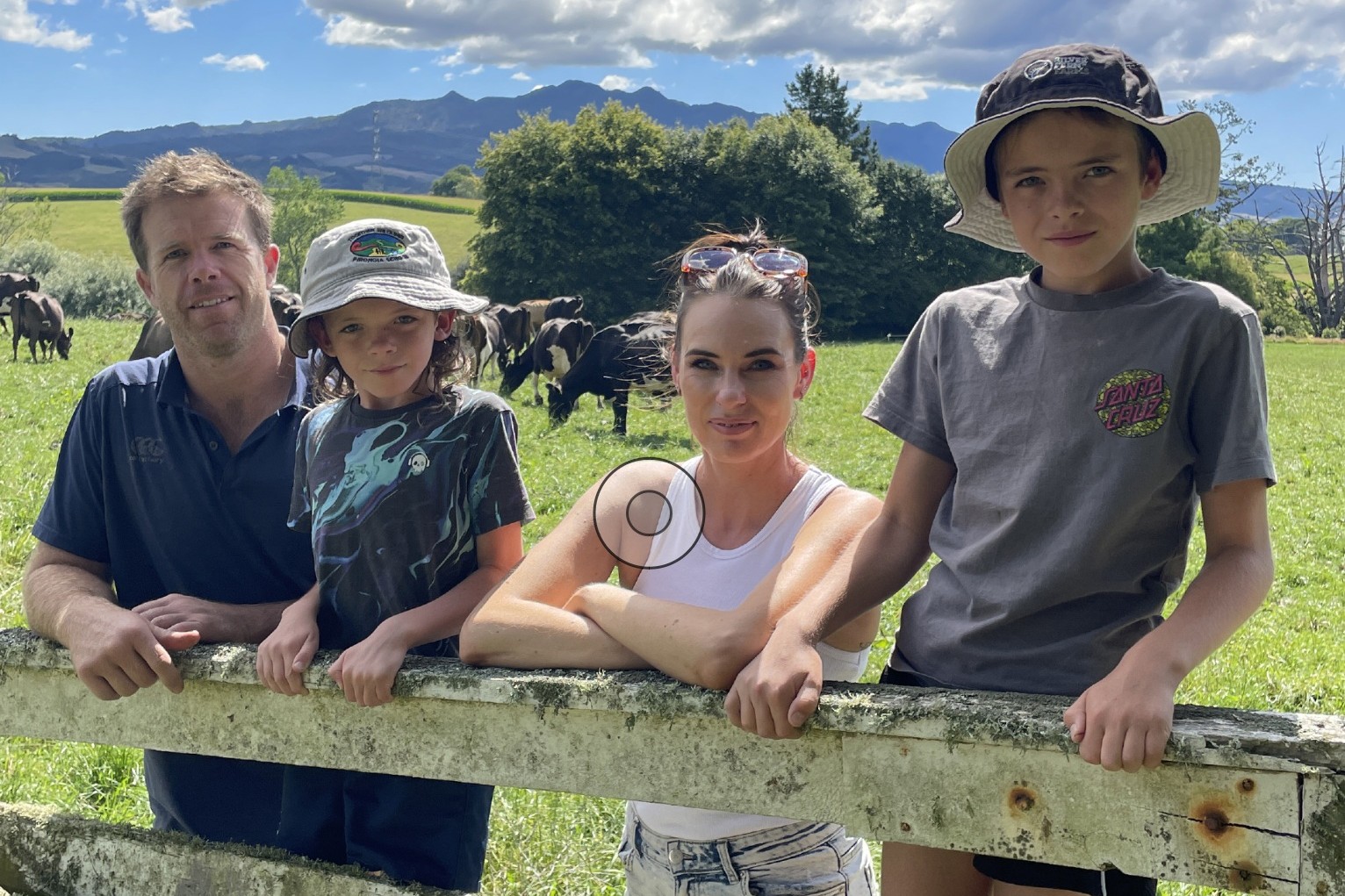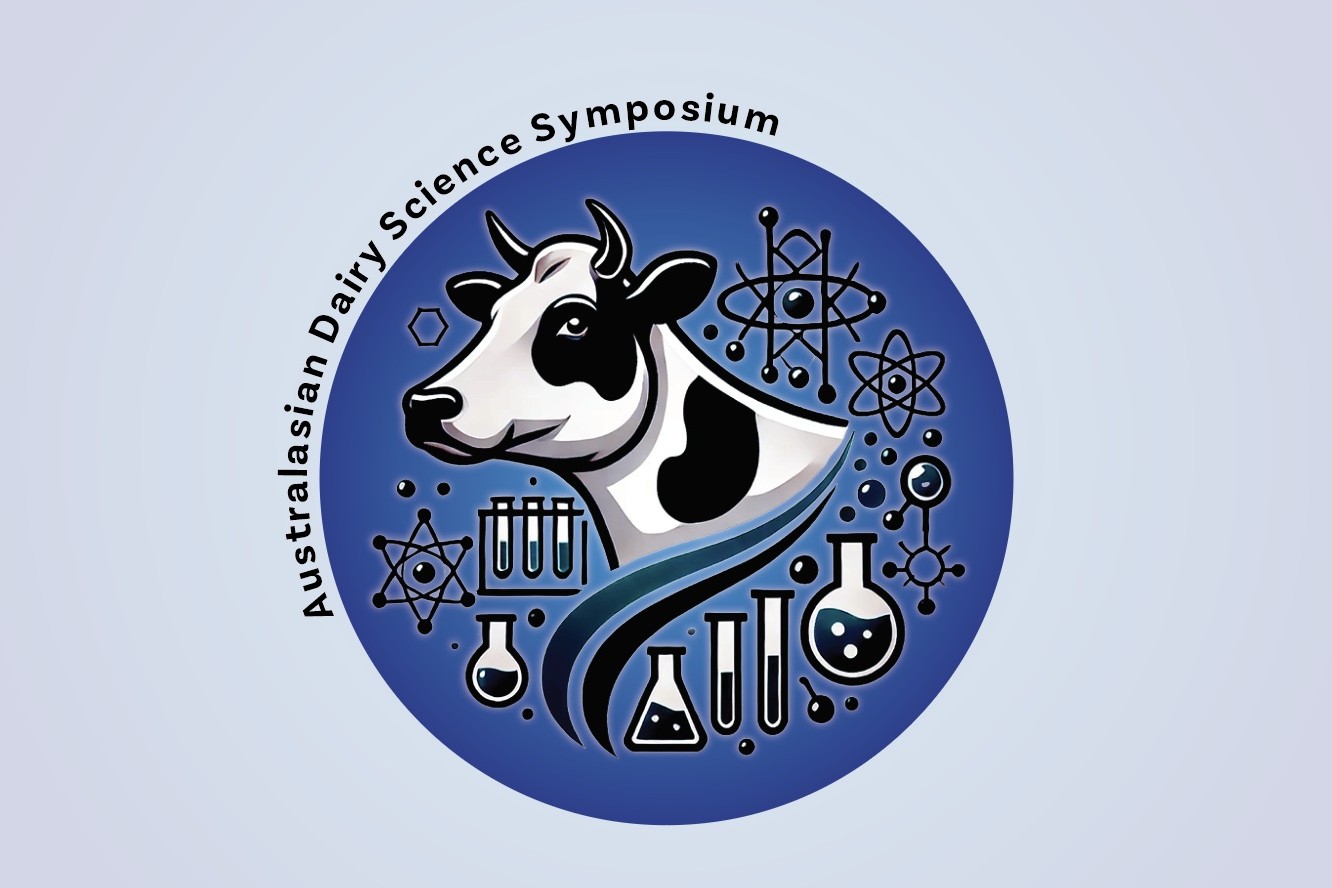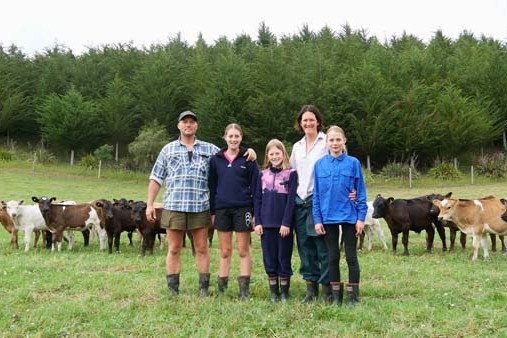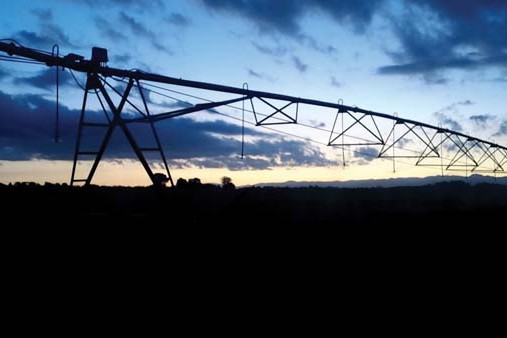Subscriber only
Here comes the sun
Solar farming is a fast-growing part of New Zealand’s energy sector and could be an opportunity for farmers to diversify their income. A Massey University presentation at AgInnovation explored the possibilities for solar farming to co-exist with sheep grazing, providing two sources of income per unit of land area, and crunched the numbers on the returns. Words Rebecca Greaves.
Sunny side up
When the summer dry dents milk production on the unirrigated river flats, a solar farm on the upper terrace is making good use of the sun’s rays for a Golden Bay family. Words Anne Hardie.
Valuing the right decisions
Vigilant analysis, strategic decisions and sacrifices are behind the success of Waikato dairy farmers Dan and Gina Duncan. Words Sheryl Haitana.
Tetraploid hybrid ryegrass – a tool to reduce nitrogen loss?
Another pasture species could provide valuable reductions in nitrogen loss with calls for more research into the potential of tetraploid hybrid ryegrass. Words Anne Lee.
Sizzling science
Machine learning and advanced cow-based technologies are helping scientists predict heat stress risk for cows and provide early warnings to farmers, enabling them to implement action plans to mitigate its effects. Words Anne Lee.
Jelly Crystal Cake
As the days get a little duller and the nights a little longer, this recipe is what you need to bring a little colour back into the kitchen and the kids’ lunch boxes. I know the kids will want to get involved with this easy bake. Let them choose the colour of the jelly and see what they create!
Dairy Beef Progeny Test enters new phase
Beef + Lamb New Zealand’s long-term Dairy Beef Progeny Test is entering a new phase which involves more farms and a new approach to identifying opportunities offered by superior dairy beef. Words Sandra Taylor.
Don’t throw the experienced baby out with the bathwater
Recently Frances Coles has noticed a concerning trend with a number of businesses closely related to farming making redundancies and losing experienced people from their teams.
Chasing water efficiency
An investment in new irrigation infrastructure will hopefully save Hamish Hammond thousands of dollars.
Europe milk opportunities
Europe is massive in milk. Producing about 150 million metric tonnes of product a year, it’s a huge consumer of its own goods and also the world’s biggest exporter. Fonterra’s European headquarters in the Netherlands manages the co-op’s European sales and customer relationships. Words Tim Fulton.



